In this episode we are answering some of our lovely listeners’ questions!
Q1: What is the cause of having amenorrhea with an eating disorder?
This is a big question, and we did a whole podcast episode about it – so we won’t go fully into the science around it.
But long story short, losing your periods, if it’s secondary amenorrhea (meaning you’ve already had periods in the past and then they disappear) – is generally related to under-eating, stress, and/or excessive exercise.
These factors can either combine together, or even just one of them can be enough to cause the period to go missing. Usually, in the case of eating disorders, it tends to be under-eating, stress, and potentially exercise.
It’s pretty much your body saying, “Hey, right now you’re not fueling your body appropriately, so we have to conserve our energy to be able to do basic body functions like your heart beating, your muscles moving, etc.”
Your reproductive system isn’t one of those basic body functions, and you’re not going to be able to have a healthy, viable pregnancy right now because you don’t have the energy to support it. So – your body starts to switch off those organs that are not essential for immediate survival.
If you do want to learn more about that, we recommend listening to the episode with Sarah Liz King, where we talk all about recovery from hypothalamic amenorrhea. It’s a really good episode, and she goes really in-depth into the topic. We’ll link that in the show notes as well. You can just scroll down on your podcast platform and have a look.
Q2: What’s a ‘day in the life’ like as a dietitian?
It depends on the day!
Fridays – we might do some team CPD (Continuing Professional Development). Generally, Fridays are designated for admin work. I know you handle your admin tasks, clinic work, or project work on Fridays.
For example, today I’m working on one of our online programs, checking all the content. We might do some work on the website, or catch up on some admin stuff. We’re also doing some SEO (Search Engine Optimization) training at the moment, so we’re both working on that—blog writing, Instagram content, and so on.
It’s a lot of behind-the-scenes stuff – organising meetings with other health professionals. I might be doing some accounting and finance work. It’s all about catching up on clinical work and working on the business on Thursdays. Then we have our clinic days, which are a bit different as well.
Ideally, my day starts with a coffee walk in the morning. This is something I’ve been trying to integrate every single day because it really helps with my mental health and sets me up for the day—getting some sunlight, getting the blood flowing, waking me up.
I’m trying to focus on self-care, which is a big focus for me. Then I have breakfast and either sit or stand (I have a sit-stand desk now, which is great for consults).
So to sum it up – a day might be a mix of consults, admin, project work, replying to emails or messages, and sometimes running group programs like we did yesterday.
View this post on Instagram
Q3. Can you tell us a bit more about studying dietetics at university?
We both did the undergrad program, which takes 4 years to complete when studying full-time.
The last six months were so hard – as it was continuous full-time placement. This meant working on the weekends so still get an income, and it was exhausting.
Kiah: I remember finishing my degree and just being so tired that I went back to work in a coffee shop because I was like, “I’m done with this.”
My degree also finished with honors, but I didn’t do research, which was a random anomaly that QUT had at the time. We could choose either a business stream or a research stream, and me being the business-oriented kind of gal, I did the business stream, which I loved.
I’m so glad I didn’t do the research stream. In saying that, now you can do a combined stream at QUT as far as I’m aware. I wish I did have those research skills because now I kind of feel a bit sad that I missed out on that. But yeah, how was your experience in your degree?
Megan: I’m not gonna lie. I didn’t love the first two years because they were really heavy on science subjects.
In school, I was never fantastic at science, yet I picked a science degree and a job that requires a lot of science.
I really loved English and the humanities—things that are maybe a little more abstract. I don’t love trying to remember nitty-gritty numbers, facts, and figures. I barely passed chemistry, but you know, I’m not ashamed of that—it’s okay.
By the time I finished my degree, it became a lot more obvious what was actually going to be involved in my job. I really enjoyed the communication and counseling subjects, and more of the practical stuff. When you can see more of the real-world applications, it’s really, really good.
Kiah: I loved all the science stuff. I loved chemistry and physiology. The first two years were very science-heavy.
Honestly, after the first two years, I wasn’t sure whether I wanted to continue as a dietitian because I hated the public health stuff so much. Those were kind of the opposite subjects for me. I was like, “Oh, you know what, maybe I’ll change my degree and go to pharmacy because that’s a lot more sciencey.”
But then I pushed through to my third year, and everything changed. We did medical nutrition therapy in the third year, where you learn all about what it’s like to be a dietitian and all that practical application. I was like, “Oh, this is what it’s like.” It’s nothing like figuring out organic chemistry equations.
Then in the third and fourth years, you do a bit more practical application and prac, which is more fun.
Megan: One thing I should say is that, and we’ve talked a bit about this on the podcast as well, our degree and the training, and pretty much all dietetics degrees as far as I’m aware, are quite weight-centric. So – weight loss is still a really big focus.
There’s a lot of talk about the drivers of chronic disease, etc.. I remember becoming very concerned about food while I was doing the degree as well, which was a big red flag..
There are different risk factors for people struggling with their relationship with food. We only had one lecture on eating disorders by the wonderful Shane Jeffery. He talked about the RAVES model. Shane’s amazing, but essentially for us, it was deemed kind of a specialist area.
Kiah and I have done pretty much 99% of our learning outside of our degrees.
Q4. Can you please talk about overshoot weight gain in recovery, and if it’s possible not to happen?
With eating disorder recovery, it can be helpful to think about it as a graph – you’ve got your x-axis and the y-axis.
Often when we think about eating disorder recovery in our heads, we envision it as a linear line, like a straight line going upwards. We think we’ll start, and it’ll just be great and get easier and easier.
But that’s often not the case in reality. In reality, it’s essentially like a roller coaster. You have up days and you have down days, but overall, over time, it generally gets easier.
It’s not glamorous. I think someone who spoke about this really well was Lexi Crouch, who experienced anorexia and went through anorexia recovery. She talked about this on our podcast.
We had a whole conversation about how on Instagram and TikTok, you see this perfect ideal of recovery. It’s all sunshine and rainbows, journaling in the sunlight, and while that’s part of it, you can never truly show the depth and darkness that happens during recovery.
So, in general, it does get easier, but you have to go through some really hard times before it gets easier.
It really is just one step in front of the other, and everyone’s journey is going to look so different. I would encourage avoiding comparison if possible, because eating disorders are extremely unique in how they develop and present for each person.
At the end of the day, besides maybe us or psychologists who are recognising your wins, day-to-day people aren’t going to be recognising your wins. So it’s important to go, “Okay, I’ve got wins, they are happening for me,” and keeping a record of it to reflect on how far you’ve come.
Even acknowledging that they may not feel like wins, because the nature of an eating disorder is that a lot of the time you will feel ambivalent. You’ll feel on the fence about whether you want to recover or not, because it may represent safety or control, or whatever kind of function it’s holding for you.
Just knowing that you can be making forward steps in recovery, and it might feel terrible. However, you’re still making forward steps at the same time, and it is leading somewhere, even if you can’t fully see it or feel it yet.
Q5. Is eating food late at night really that bad?
No, that was easy to answer. No. Your body doesn’t significantly digest, absorb, or use food differently depending on the time of day you eat it.
Your body doesn’t know if it’s 7am, or 7pm when you’re eating. It’s just important to eat.
I think that idea comes from intermittent fasting culture, where you can only eat between 12 pm and 8 pm. Your body isn’t going to know the difference between 11am and12 pm.
The only difference I can think of is for a small subset of the population who really struggle with their blood sugar, maybe if they have diabetes. Then, the time of day or night you’re eating can be something to consider. But for everyone else, no.
I do want to go into this, in terms of where did this come from? These are just our assumptions. We don’t know anything about the listener. But – when we have those worries about eating food late at night, it can come from potentially increased cravings late at night, or feeling like you’re bingeing late at night.
If that’s the case, that’s where we go, okay, maybe it’s not eating late at night that’s the problem. It’s potentially that we need to look at during the day:
- Have we not eaten enough during the day?
- Have we not eaten enough carbs?
- Is there any food restriction going on?
- Is it an accumulation of stress by the end of the day that then is leading to maybe a little bit of emotional eating?
View this post on Instagram
Q6: How would you recommend managing a sweet tooth with intuitive eating?
Firstly, it depends on the reason for the sweet tooth.
This kind of links in with our conversations on cravings that we’ve had on the podcast before. There’s so many different reasons for why you might be craving something sweet. These may include reasons such as:
- You really love the taste of sweet things, and it gives you a lot of pleasure
- Emotional eating
- Self-soothing
- Is it a source of stimulation if you’re bored or wanting to procrastinate or feeling overwhelmed?
A big focus in intuitive eating is having the mentality that all foods fit and giving ourselves unconditional permission to eat everything.
Sometimes, for a lot of people, we don’t naturally do that because of diet culture. We might be restricting certain foods, which can give us that additional restriction like you talked about.
Other times, we might not even be aware it’s a restriction – and that increases our drive for certain foods like sugary foods, because that’s often the food we restrict.
It’s really about trying to bring them back into your diet in whatever way is going to work for you. I know one thing we talk to a lot of people about is if they feel a really strong draw to a certain food – is actually choosing one food, whatever that may be, and giving yourself permission to have it at every single meal and snack. For example – having it with breakfast, having it with morning tea, having it with lunch, until after a while, it just becomes like every other food.
This teaches your brain that this food isn’t going to get restricted. You can have it if you want, and you don’t have to have it if you don’t want to.
Finding The Satisfaction Factor
The other thing I recommend sometimes is improving the satisfaction factor with sweet foods. An idea around that is just pairing them with some other foods that make that sweet snack or meal more satisfying.
For example, instead of having chocolate on its own, could you try having it with some nuts, or sprinkle it on top of an oatmeal bowl?
Try getting creative with the ways that you incorporate that food and thinking about, and what you can add in to add extra nutrition rather than trying to limit or restrict that food.
Q7. We’d love to know both of your stories with your relationship with food!
Megan’s story:
Mine is not overly complicated, really.
I’ve been very lucky in my life to not have personally experienced an eating disorder. On reflection, I probably had some disordered eating in uni when we were learning about all the different foods, and things were very much lumped into ‘good food’, ‘bad food’ categories for us.
That was probably the time in my life when I had the most trouble with food. But in some ways, I was protected when I was young by being in a thin body, so I wasn’t necessarily bullied for my weight, or my body or anything like that.
I’ve had comments on my appearance around other things, but I didn’t necessarily have external influences or pressures that some other people have experienced. Generally, neither of my parents really commented on my body or had a particularly difficult relationship with food themselves. So, there were a lot of protective factors for me, even though in other things I’m quite perfectionistic and like control.
My relationship with food has generally been pretty good. Now, I’d say it’s the best it’s ever been because of the space that we work in.
Body image wise, my body has changed over the years more so in the past few years than I am used to. That’s required a little bit of inner work, just navigating that. But luckily, I’ve been able to use some of the strategies we talk about with our clients.
I am still privileged to live in a very straight-sized body. So that’s me in a nutshell. But I welcome any further questions about it. Kiah – tell me a bit more about your story?
Kiah’s story:
I definitely have a lived experience of an eating disorder.
My relationship with food when I was very young as a child was completely fine – I didn’t really have any kind of issues.
It wasn’t until I was about 15, and I remember distinctly being like I am going to cut out all junk food from my diet this year.
I did this, and that kind of spiraled pretty badly into kind of like orthorexia anorexia, and I had a really bad relationship with food during high school.
The thing though, about everything that happened to me is I never got diagnosed, and I can say I definitely had those issues now working in the space, but I was never formally diagnosed.
It didn’t really improve for about seven years after that, so my eating disorder kind of changed as I went through life.
When I went through university, at least later on in university it improved a lot. But, there was also parts of social media that definitely had a huge influence on me.
I know I started my Instagram account, honestly to track my food. Yeah. Which is what got me into social media in the first place.
I would just use it to calorie count, and I absolutely hated my body and just being so afraid of food. There wasn’t any one pivotal moment where I was like, “I’m going to recover”; it was more like a combination of different moments.
I think for me, it’s both bad and good. When I was in uni, this was a time that raw veganism and Freely the Banana Girl were really big.
Although that was very detrimental, and I’m definitely not a huge fan of fruitarian diets and things like that for many reasons. But in a way, it did help me understand that food wasn’t to be feared; you could eat more than just a tiny amount every day.
So, that really helped me be less afraid of food, especially fruit. That probably started the re-nourish process, I would say.
Then in combination with studying at uni, I started to understand a lot more about food as nutrients. It’s not to be feared; it’s fuel. There are so many great aspects to it. That was a massive help as well.
Then I focused on just trying to enjoy my life a bit more, focusing on things that weren’t just about my body, going out with friends and things like that. Over time, especially working in the eating disorder space now, the importance of eating regularly is drilled into you every day. Everything definitely helps me stay where I am. I’m definitely in the best place with my relationship with food these days.
I was actually surprised because I was pregnant a few years ago with Skyla, that pregnancy didn’t worsen anything for me – even though I had a massive change in my body.
I always find that interesting because I distinctly remember when I was 15 or 16, thinking I could never get pregnant because I couldn’t deal with that much weight gain. Then I went through recovery, it happened, and I was okay; I survived.
With body changes due to two pregnancies and everything else, my body has changed a lot in the last few years. Honestly, I’m probably the happiest I’ve ever been in my body. It’s definitely not what I would mentally classify as my idealised body when I was young, but I’m happy.
Having a healthy relationship with food has so many more benefits than hating your body and worrying about what you’re eating all the time. It’s not about what you weigh or what you look like; it’s about doing all that inner work to change the way you relate to your body, your relationship with your body.
I definitely practice body neutrality a lot. You know, I wouldn’t say I love absolutely what I look like, but I can respect it, I can appreciate it for all the things that it does every single day.
Q8: What is the best way to respond to hunger?
If your body is giving you signs that you are hungry, it is a sign that you need to eat.
Just like if your bladder was full and you were getting signals that you needed to pee, would you ignore it? Hunger is kind of the same thing.
So the best way to respond to hunger – is simply to eat something!
Get a copy of my free 3 Steps To Stop Cravings eBook here!
Q9: If you weren’t a dietitian – what would you be?
Megan: I’d probably a psychologist. Although the pathway is like seven years.
I only realised that more so after working in this space, because we kind of tangle with psychology in our nutrition counseling. There are a lot of psychological elements, but not being a psychologist, I can’t go into trauma or other things like attachment. Those things I find really fascinating.
If it wasn’t a psychologist, I think I’d like to do something artistic.
Kiah: Before I started dietetics, I was actually going to study IT and law. I’m really glad I didn’t do that, because I hate reading.
I’d probably do something in business. I love business – I love starting businesses, especially with impact growing businesses, love all this. Even the background stuff with the digital marketing, SEO – I love it. So, I’d probably work something like social media marketing.
That being said, I love being a dietitian, because I love the psychology stuff as well. But I could not commit to seven years of study either.
Q10: Should everyone see a dietitian at some stage?
Probably, not necessarily.
I would love it if everyone had access to dietitian-informed or provided information about what a balanced diet looks like. Fitting in all foods and how you can help nourish yourself and feel good and well, while supporting a healthy relationship with food.
I think lots of people could benefit from seeing a dietitian, given the prevalence of disordered eating and eating disorders in Australia, quite a high percentage of people could really benefit.
Q11: How to move on from eating disorder treatment acquaintances/friends, especially checking their socials?
We know comparison is quite common in eating disorders, so they may find that they’re comparing their recovery to someone else’s, whether they’re further along or not. It’s quite common because in eating disorder treatment, you tend to become friends with people around you due to shared experiences.
It can be really nice having those friends around. But, if you’re identifying that it’s potentially triggering or you’re comparing yourself a lot to those people, a good way to address this is to create some boundaries.
You might not necessarily want to cut them off entirely, but you could consider muting their Instagram account so they don’t appear in your newsfeed.
Broadly speaking, think of this like moving on from any friendship that isn’t serving you or aligning with your values or current life stage.
Depending on the intensity or length of the friendship, some people may have a conversation about it, but that can be difficult, almost like a breakup. Others may let it naturally drift apart or gradually reduce communication.
It’s tricky because there might be attachment involved, especially after going through an eating disorder. Personally, I’d reflect on my values and whether the friendship meets my needs. Then, gradually reduce exposure to that person—like muting them—or if necessary, setting a clear boundary.
Some situations might require a more direct approach, but discussing it with a therapist or trusted person could also be helpful. Ask yourself if this friendship is helping propel you towards recovery or if it’s potentially hindering your progress. Your answer can guide your next steps.
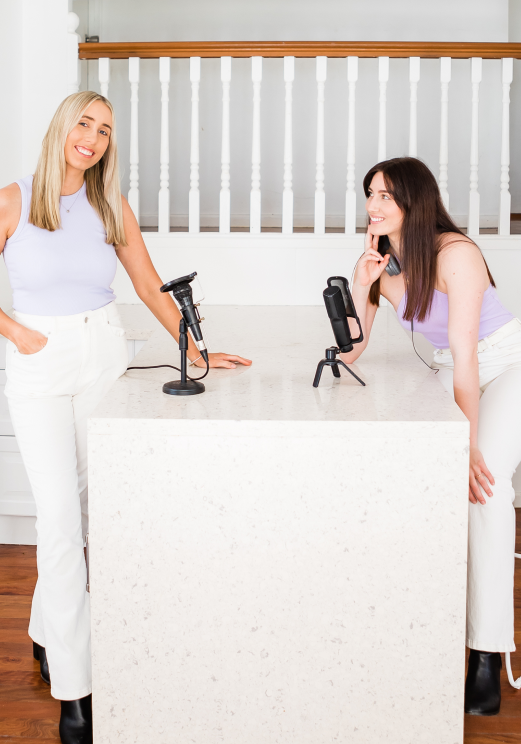
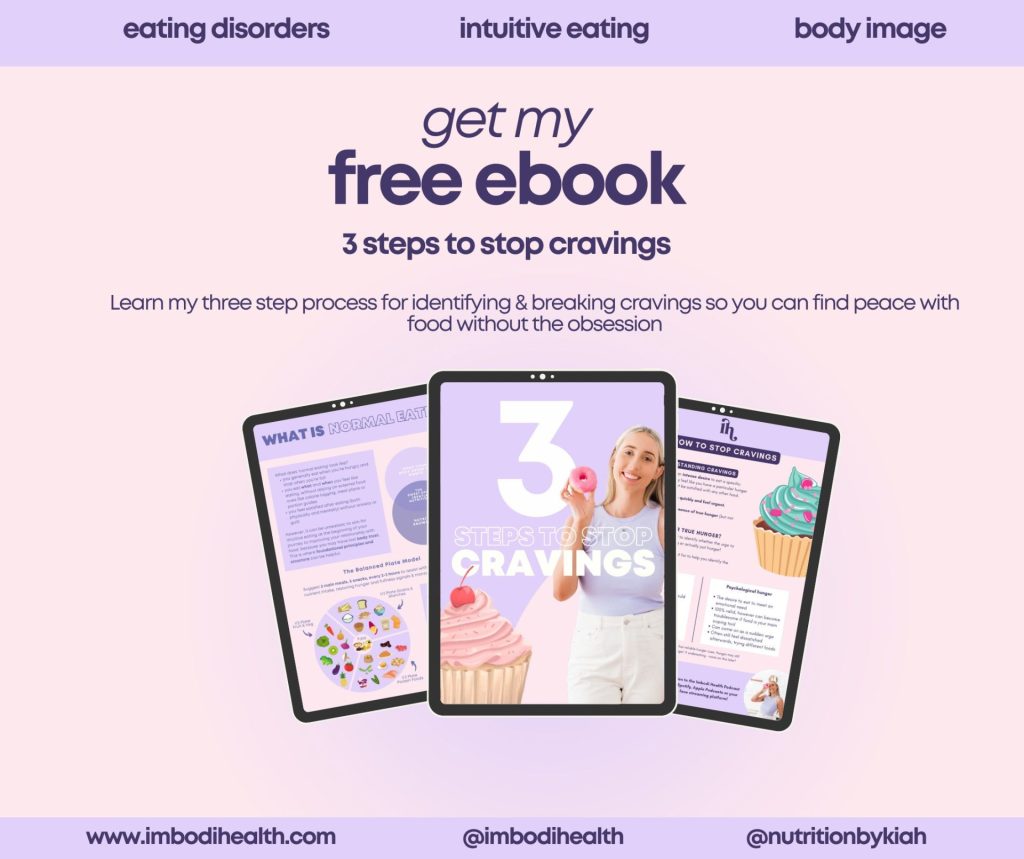
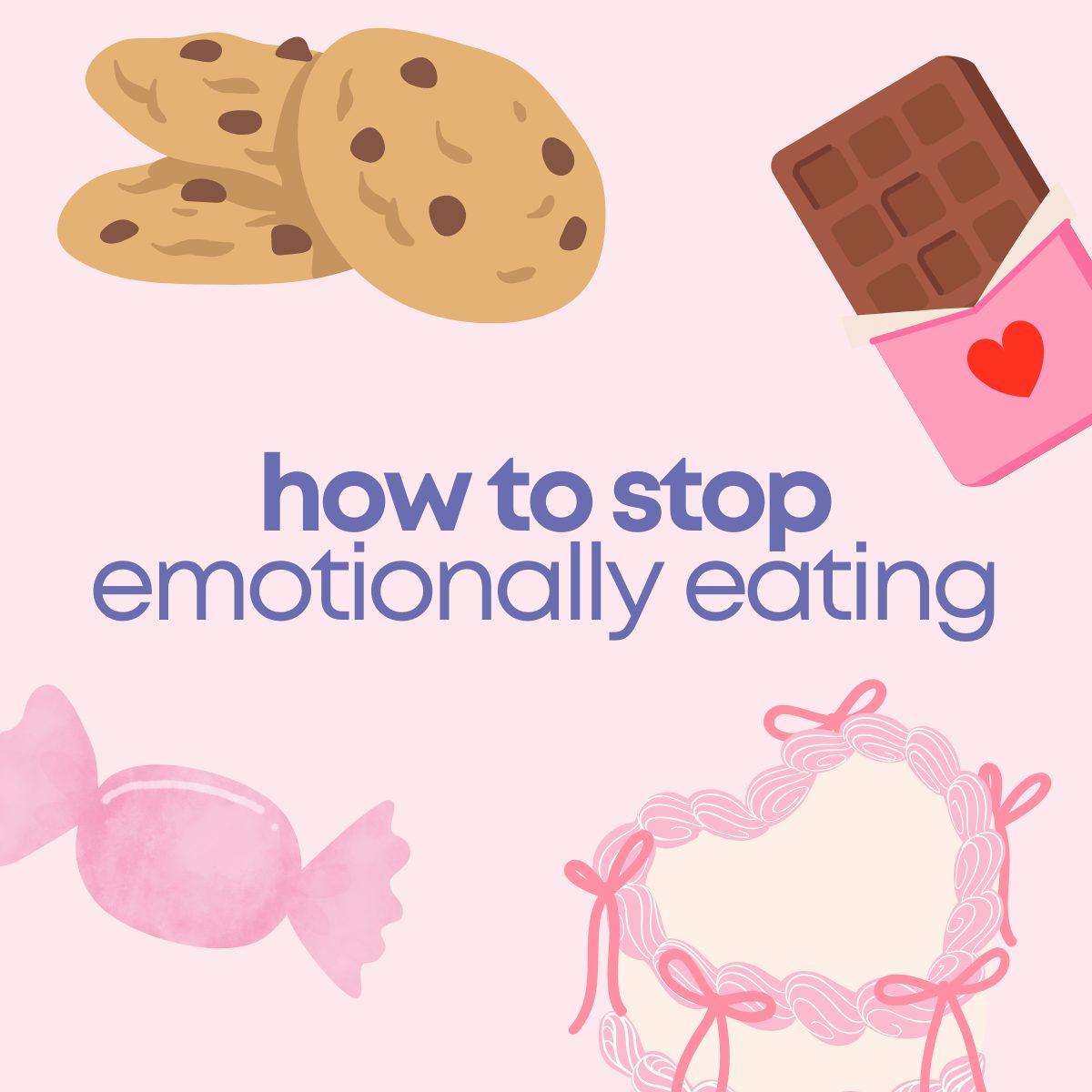
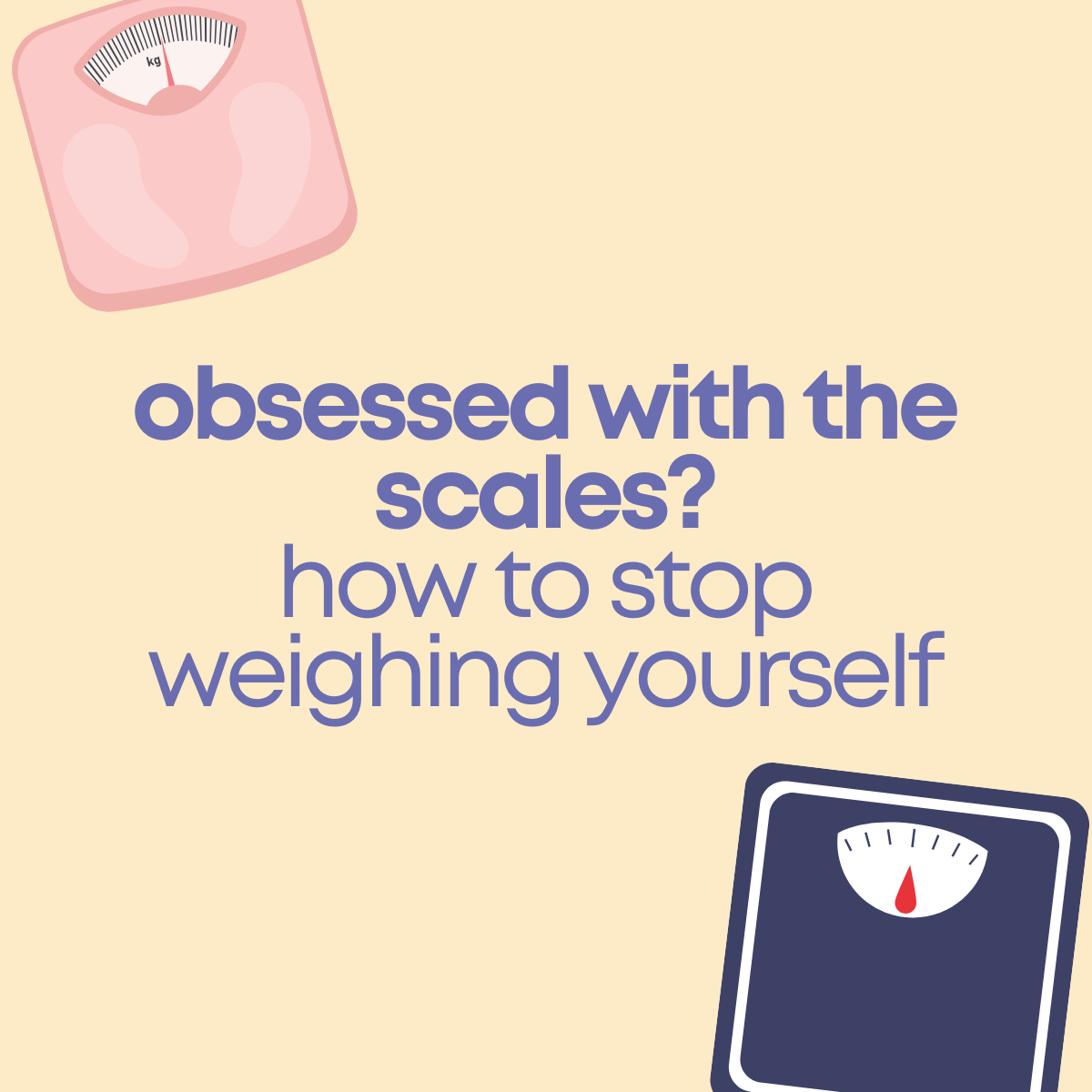
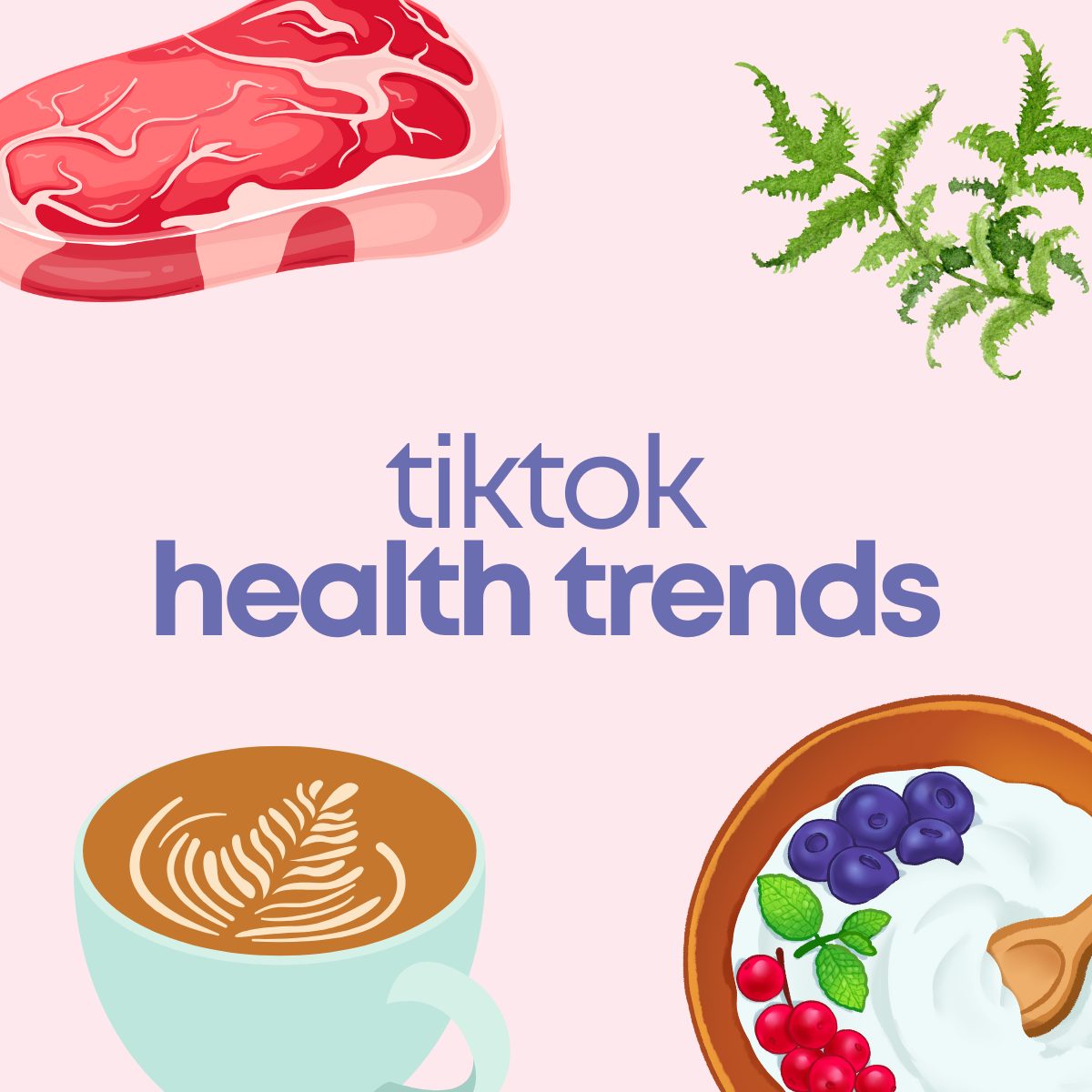
Comments +